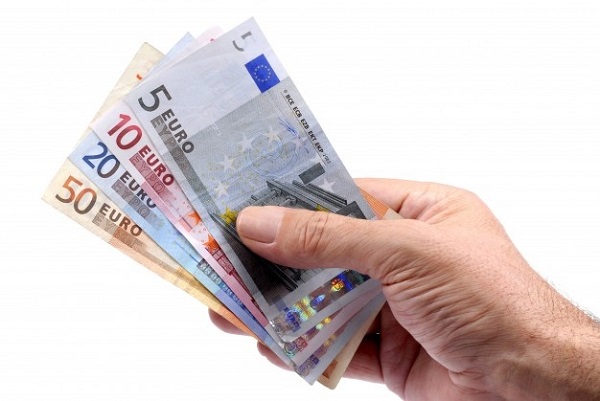
The annual inflation rate with respect to the Harmonised Index of Consumer Prices (HICP) topped 10% mark in fifteen European Union Member States in June 2022, including Luxembourg (10.3%), while energy costs for households, especially gas and fuel prices at filling stations, have also reached all-time highs in 2022.
In this regard, Chronicle.lu reached out to Luxembourg's Ministry of Energy for targeted measures adopted for households, a representative from which confirmed that Minister Claude Turmes will present detailed measures to save energy during a press conference scheduled for Thursday 8 September 2022.
Targeted Measures for Luxembourg Households
To mitigate the exceptional rise in energy prices for Luxembourg households, the Ministry of Energy representative recalled the government decision to cover natural gas network costs for residential customers from 1 May to 31 December 2022.
In addition, the government introduced a temporary reduction in the selling price of home heating oil (mazout) by €0.075 per litre, including tax, which came into effect on 16 May 2022 and will remain in effect until 31 December 2022.
Moreover, to help low-income households, in addition to the cost-of-living allowance (Allocation vie chère - AVC) already in place, the government has introduced an energy bonus for the year 2022. This bonus is granted to people whose gross income does not exceed the limit ceilings of the AVC that increased by 25%.
The average gross monthly income limit of the reference period to benefit from the energy bonus (and the amount of the bonus) is set at:
- €2,823.55 for a single person household (€200 energy bonus);
- €4,235.32 for a two person household (€250 energy bonus);
- €5,082.38 for a three person household (€300 energy bonus);
- €5,929.45 for a four person household (€350 energy bonus);
- €6,776.51 for a five person household (€400 energy bonus).
Applications available online are to be completed, signed and sent by post to the National Solidarity Fund (Fonds national de solidarité – FNS) on or before 31 October 2022. The postmark serves as proof of the date.
The government also adapted the rent subsidy (subvention de loyer) to support households most exposed to current high inflation. Since 1 August 2022, the amounts allocated have been increased and the criteria for accessing this financial assistance for private tenants have also been broadened. The rent subsidy is calculated in relation to household income and composition. Single-parent families are particularly taken into consideration. The amounts allocated to the various eligible households will increase by an average of 50% compared to their current situation, and can reach up to €400 per month.








